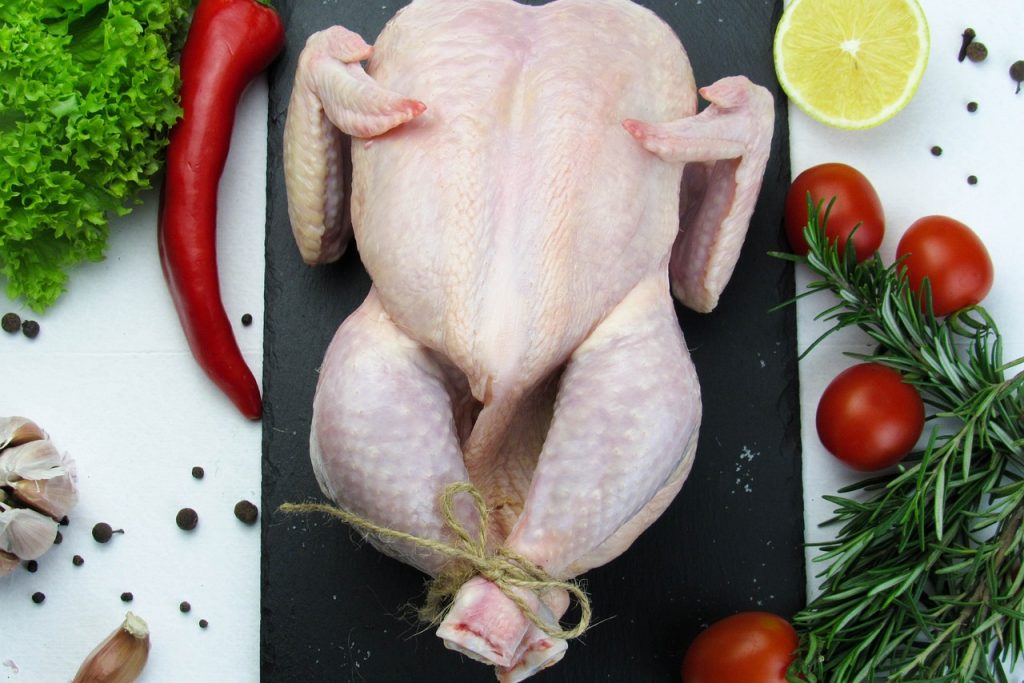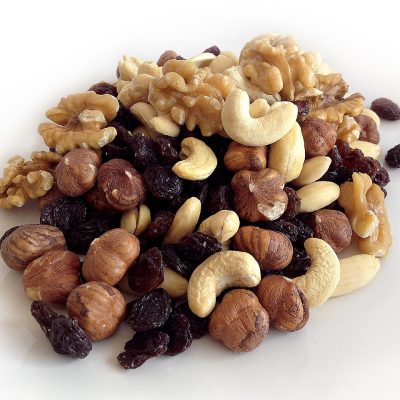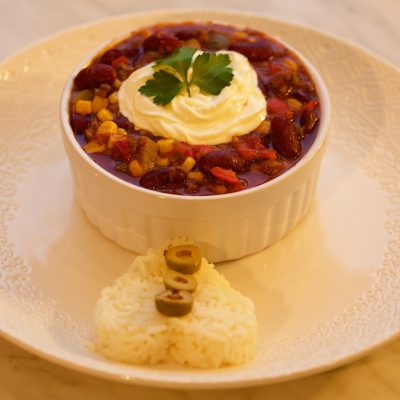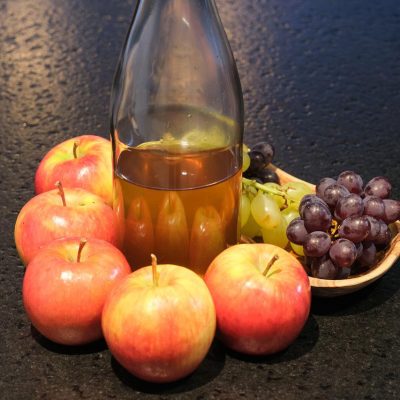Why do black people wash chicken? For many people, washing chicken before cooking is a routine step in food preparation. However, it is a practice that has come under scrutiny in recent years, especially in the Black community. The Centers for Disease Control and Prevention (CDC) and the U.S. Department of Agriculture (USDA) both recommend against washing raw chicken due to the risk of spreading harmful bacteria. Despite these warnings, many Black people continue to wash their chickens. Why is this the case?
History Of Washing Chicken
Washing chicken has a long history in food preparation and is not unique to any particular culture or ethnicity. People have washed meat, poultry, and fish for centuries to remove dirt, blood, and other impurities before cooking. In many cultures, washing chicken is essential in the preparation process. The history of washing chicken is a complex and multifaceted issue. While the practice has been a longstanding tradition in many cultures.
Should You Wash Chicken?
In general, it is not recommended to wash chicken before cooking. This is because washing chicken can increase the risk of spreading harmful bacteria around the kitchen, such as Salmonella and Campylobacter. These bacteria can be present on the surface of raw chicken and can cause foodborne illness if ingested. Cooking chicken to the appropriate temperature is the most effective way to kill any harmful bacteria that may be present.
The USDA recommends cooking chicken to an internal temperature of 165°F (74°C) to ensure that all bacteria have been eliminated.
Raw foods should also be handled with separate cutting boards and utensils. After handling raw chicken, wash your hands and surfaces thoroughly. Foodborne illnesses can be reduced, and delicious meals can be enjoyed by following these safe food handling practices.
Why Do Black People Wash Chicken?
It’s a practice and a cultural tradition. Many Black families have been washing chicken for generations, passed down through the family to ensure cleanliness and safety in the kitchen. This cultural tradition may be linked to historical experiences of food insecurity and a need to make the most of every available resource. In some cases, washing chicken may also be viewed as a way to remove excess blood or other impurities.
3 Reasons: Why Washing Chicken Is A Must For Black Families?
- Another reason Black people may continue to wash chicken is a lack of trust in the food industry. Black people have historically been subjected to racial discrimination in many aspects of American life, including access to safe and healthy food. There is a perception among some Black people that the food industry does not prioritize the health and well-being of Black communities, leading to a mistrust of food safety guidelines and recommendations.
- Furthermore, there is a lack of clear communication about food safety and preparation guidelines from government and health organizations that many Black people feel are tailored to their needs. Without clear communication and culturally relevant messaging, some Black people may continue to wash chicken out of habit or lack knowledge about the risks.
- However, washing chicken can increase the risk of spreading harmful bacteria, such as Salmonella and Campylobacter, onto kitchen surfaces and other food items. These bacteria can cause serious illnesses and even death, particularly in vulnerable populations like young children, pregnant women, and the elderly. Therefore, it is important for Black people and all consumers to understand the risks of washing chicken and adopt safe food handling practices.
What Are The 2 Best Way To Wash Chicken?
It is important to follow safe food handling practices when preparing chicken to reduce the risk of foodborne illness. This includes cooking chicken to the proper temperature, using separate cutting boards and utensils for raw and cooked chicken, and washing hands and surfaces thoroughly before and after handling raw chicken.
Here are the best two methods of washing chicken:
1. Washing Chicken With Bleach
- Washing chicken with bleach is not recommended and can be dangerous. Bleach is a highly acidic substance that is typically used for cleaning and disinfecting surfaces. While bleach can effectively kill bacteria and other germs, it is unsafe for food items.
- When bleach comes into contact with food, it can cause chemical reactions that produce toxic compounds. These compounds can harm human health and cause a range of symptoms, including nausea, vomiting, diarrhoea, and breathing difficulties.
- In addition to the health risks, washing chicken with bleach is ineffective in removing bacteria. Bleach cannot penetrate the surface of the chicken, where bacteria are most likely to be found. Instead, washing chicken with bleach can spread bacteria around the kitchen, increasing the risk of cross-contamination and foodborne illness.
2. Washing Chicken With Vinegar
- Washing chicken with vinegar is a practice that some people believe can help remove bacteria and other impurities from the surface of the meat. While vinegar is a mild acid that can help break down some bacteria, it is not an effective way to eliminate harmful pathogens that can cause foodborne illness.
- Washing chicken with vinegar can increase the risk of spreading bacteria around the kitchen. A chicken’s washing process can cause water droplets to splash onto other surfaces, such as countertops, cutting boards, and utensils. Cross-contamination and foodborne illness can occur if the chicken contains harmful bacteria that can spread to other kitchen parts.
- It is important to remember that washing chicken with vinegar or any other substance is not a substitute for proper cooking and safe food handling practices. The most effective way to ensure that chicken is safe to eat is to cook it to the appropriate temperature use separate cutting boards and utensils for raw and cooked chicken, and wash hands and surfaces thoroughly before and after handling it.
Why Don’t White People Wash Their Chicken?
The practice of washing chicken is not unique to any particular culture or ethnicity, and many people from various racial and ethnic backgrounds wash their chicken before cooking.
That being said, there is a growing awareness among food safety experts about the risks associated with washing chicken, and many health organizations, including the CDC and USDA, recommend against it.
In A Nutshell
The practice of washing chicken in the Black community is a part of their cultural tradition. Lack of trust in the food industry and a lack of clear communication about food safety guidelines. While these factors may explain why some Black people continue to wash chicken, all consumers must follow safe food handling practices to prevent the spread of harmful bacteria. By adopting safe food handling practices, we can ensure that our food is clean and safe without compromising our cultural traditions or values.
Feature Image: Pixabay
Read More:
-
A Strictly Healthy Lifestyle: A Practical Possibility Or A Utopian Concept?
-
Healthy Responsibility Aspects: Eat Move Make Food Fitness Travel Lifestyle
-
Chilli Food: 10 Health Benefits & 30 Places You Must Visit In The USA | Travel Blog
-
What is a Good to Serve with Chicken Marsala? | Delicious Recipes
-
How To Cook: 8 Best Ways To Prepare Pieces Of Chicken | American Meal
-
Why Publix Chicken Tender Sub Is Deli’s Hot Seller? (Recipe, Toppings And Sauces)





